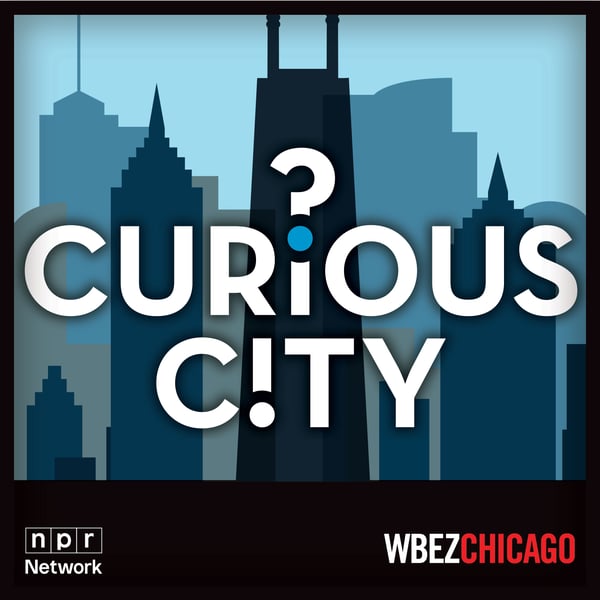Beer, architecture and Lincoln Square: The lasting impact of German culture in Chicago
Curious City
WBEZ Chicago
4.8 • 642 Ratings
🗓️ 5 December 2024
⏱️ 16 minutes
🧾️ Download transcript
Summary
Transcript
Click on a timestamp to play from that location
| 0:00.0 | What's up, Chicago? I'm Erin Allen, and this is Curious City. |
| 0:06.6 | Have you ever gone to an Octoberfest in Chicago? Or a Chris Kendall Market? How about this? Have you ever cracked open a beer on a Sunday? If the answer to any of that is yes, you have enjoyed Germany's cultural influence on Chicago. |
| 0:23.4 | Germans actually have a rich history in the city. |
| 0:27.1 | This starts in the early 19th century, when German immigrants began to arrive in this country in mass. |
| 0:34.6 | This is Colin Benert from the Germanic Studies Department at the University of |
| 0:38.3 | Chicago. Later in a show, we're going to talk about the more contemporary everyday Chicago things |
| 0:43.1 | that were made or influenced by German culture. But first, I wanted to start with the history. |
| 0:48.2 | And Colin knows a lot about the first Germans who arrived in Chicago and put down roots. He says |
| 0:54.1 | early on, people came here for economic reasons, |
| 0:56.0 | after the agricultural sector started to struggle in Germany. |
| 1:00.0 | And many came through Chicago. |
| 1:02.0 | They stayed here for a few years, earned some money before moving on. |
| 1:06.0 | But some of them stayed here, especially those who were skilled craftsmen. |
| 1:10.0 | Around the mid-1800s, Colin says there were two distinct waves of Germans coming to the |
| 1:15.7 | Chicago area, and they were mostly political refugees. |
| 1:18.9 | The first one was around 1848, the era of the 48ers. |
| 1:26.0 | Before Germany was a country, it was several smaller states. |
| 1:30.2 | And some of the folks who wanted to unify German-speaking Europe |
| 1:33.0 | wanted it to be a more liberal democracy, freedom of speech, freedom of assembly, etc. |
| 1:38.9 | This was a successful movement at first, but in the end, it didn't go over well. |
| 1:43.8 | Eventually, a lot of the 48ers had to flee. |
| 1:47.0 | And some of them came to Chicago. For their era, these folks were very liberal. For instance, they were active and vocal against slavery in the U.S. |
... |
Please login to see the full transcript.
Disclaimer: The podcast and artwork embedded on this page are from WBEZ Chicago, and are the property of its owner and not affiliated with or endorsed by Tapesearch.
Generated transcripts are the property of WBEZ Chicago and are distributed freely under the Fair Use doctrine. Transcripts generated by Tapesearch are not guaranteed to be accurate.
Copyright © Tapesearch 2025.

